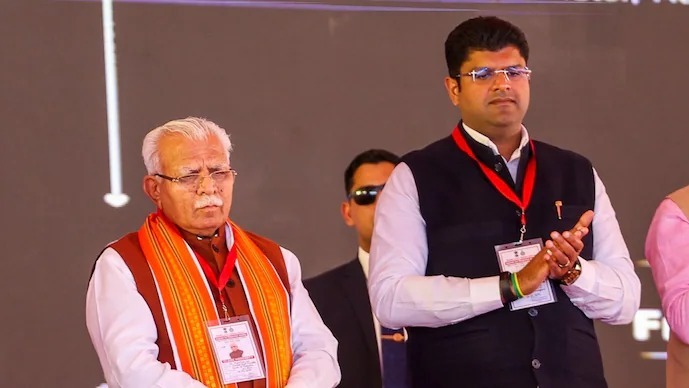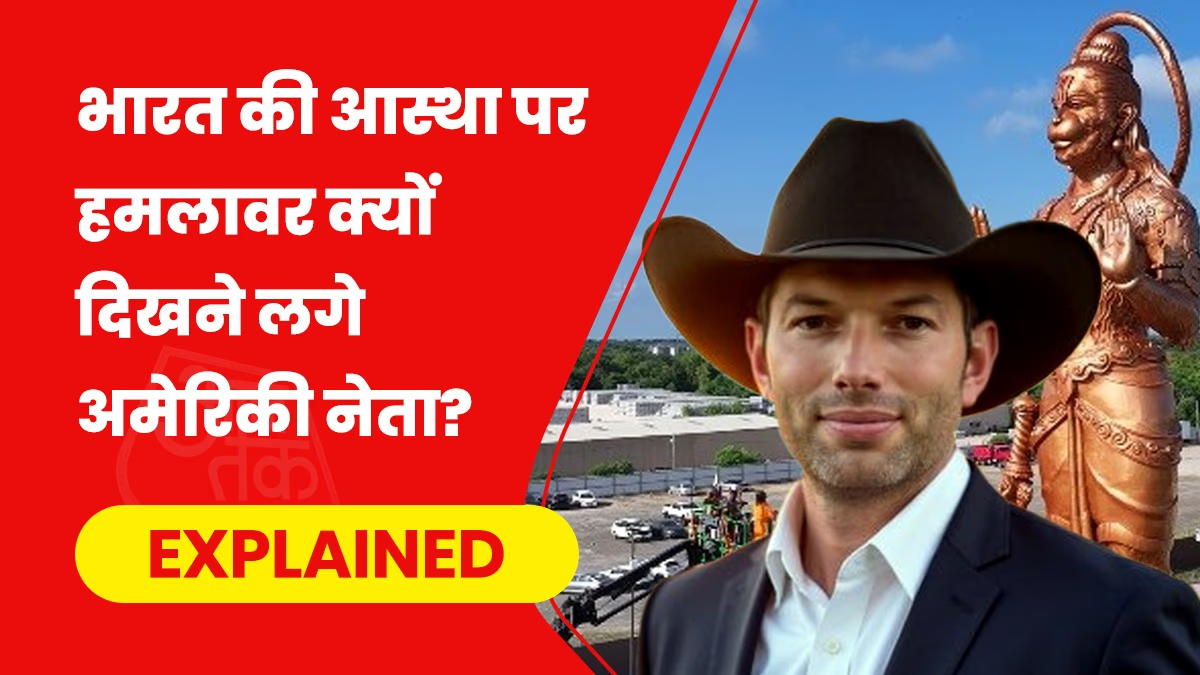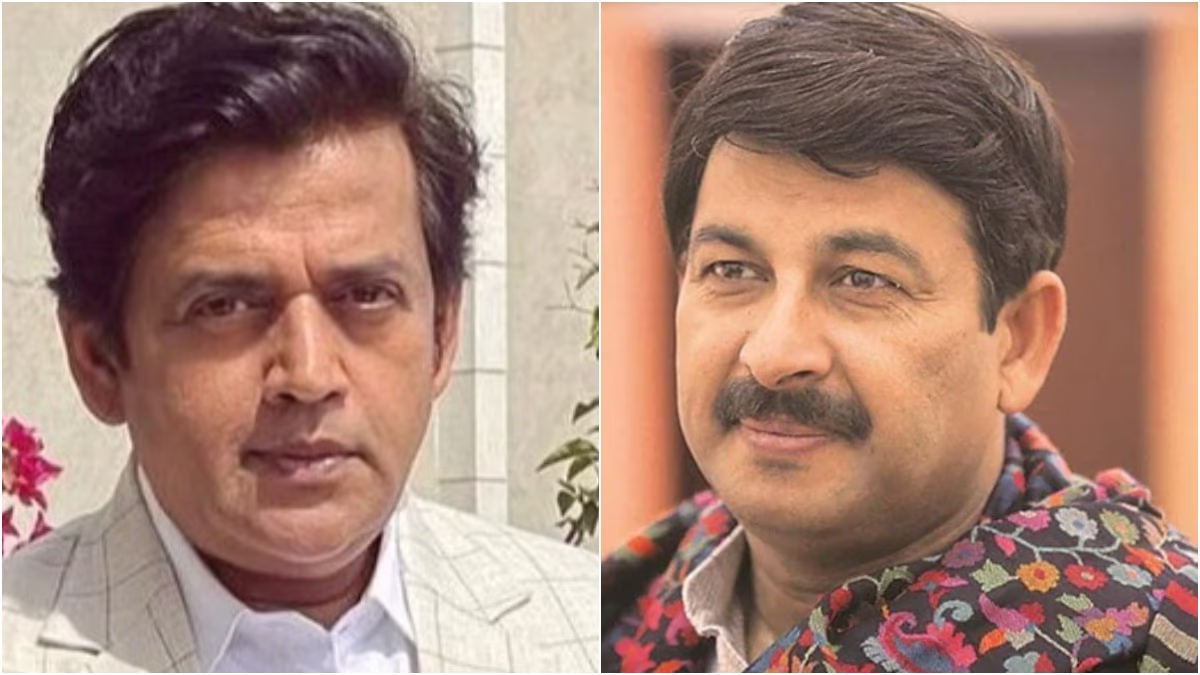Tuesday brought a whirlwind of change in Haryana's political climate, shuffling the power structure and redefining alliances. Naib Singh Saini now takes over the reins of governance from Manohar Lal Khattar. The four-year partnership between BJP and Dushyant Chautala-led JJP has ceased right before an election year, raising many questions about the future political impact. Who stands to gain, and who loses from this breakup?
In the unravelling political saga, the split is being viewed as a potential disadvantage for the opposing Congress party. The intricacies of the electoral landscape and local demographics play a critical role in how the situation unfolds. Haryana, with approximately 25% Jat population, has long seen Jat leaders from Chautala's INLD to the Congress-backed Bhupinder Singh Hooda in power.
Following a shift from Jat leadership to the non-Jat Manohar Lal Khattar in 2014 and the BJP's narrow miss of an outright majority in 2019, murmurs of discontent have been attributed to these decisions. Leading up to the 2024 election, the Jat community's unrest is once again highlighted. During the farmer protests, after Punjab, Haryana emerged as a focal point. Congress hoped to capitalize on the sentiment, but now faces a new set of challenges.
JJP's solo run could fracture the Jat vote bank
BJP's termination of its alliance with JJP signals a continued commitment to a non-Jat political line, disrupting Congress' efforts to consolidate Jat votes. In the wake of JJP parting from BJP, concerns rise about the potential dispersal of the Jat vote, which could benefit the ruling BJP at the expense of Congress. There's even speculation about a premeditated strategy behind the split, though senior journalist Pradeep Dabas counters such theories by pointing out the absence of internal factionalism within JJP.
With the anticipation of undivided support from the Jats, Congress faces a new strategy by JJP to appeal to the Jat voters as an alternative. If JJP successfully penetrates the Jat vote bank, the loss would undeniably be Congress’s, potentially aiding the incumbent BJP by dividing the opposing votes.




